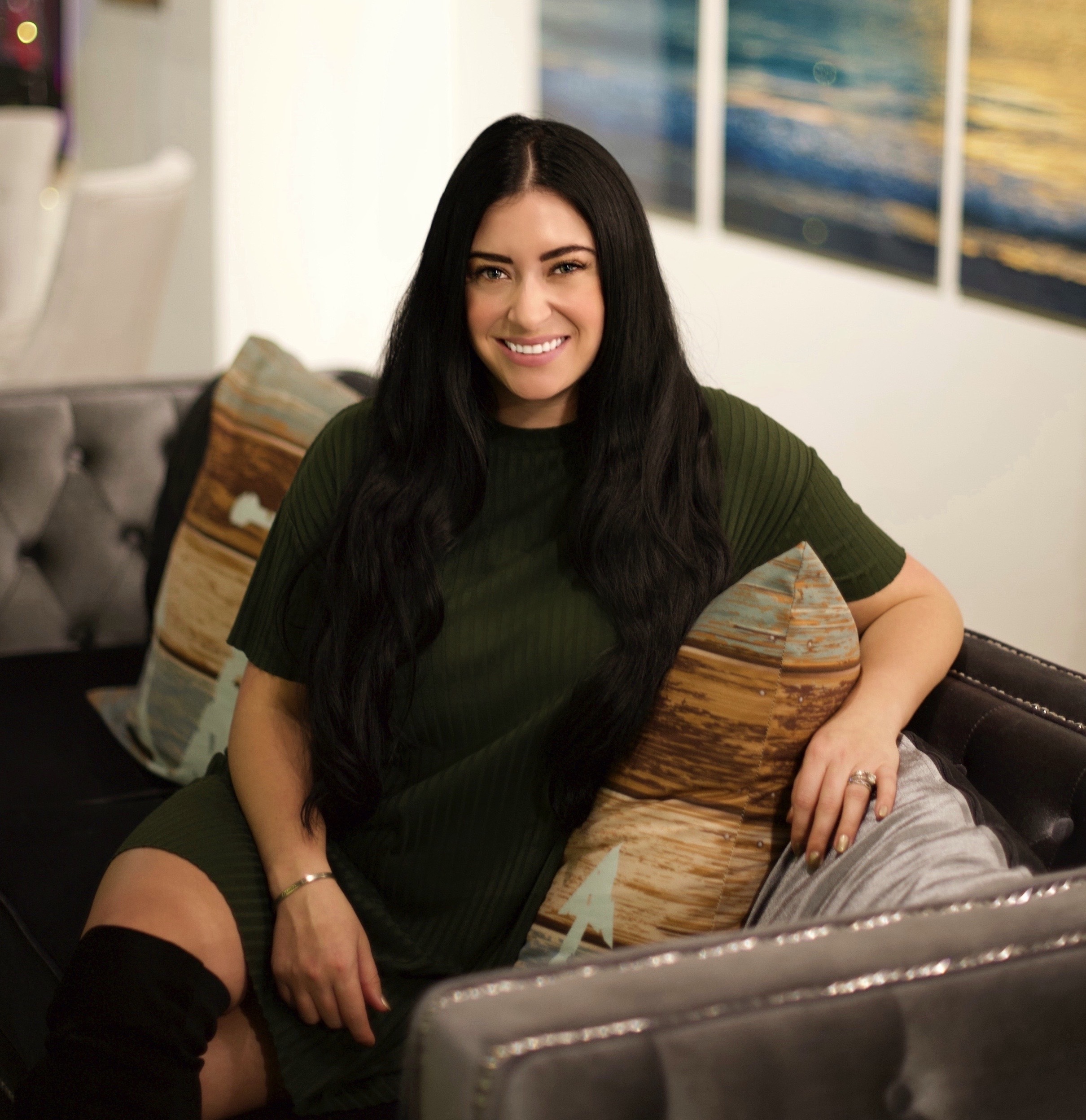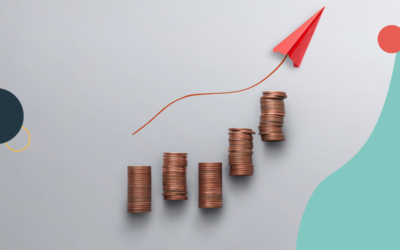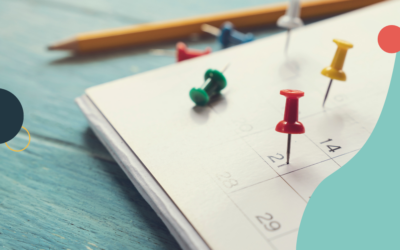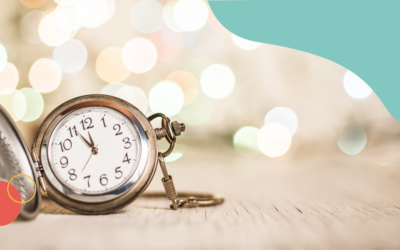Taylor Harrington, Head of Community at Groove, was a recent guest at one of our Harlow Office Hours sessions, which was focused on holding yourself accountable as a solopreneur. For those of you who aren’t yet familiar, Groove is an accountability club for anyone with a to-do list who wants to find focus. Our community had some juicy questions for Taylor, so we turned her answers into a post. From daily best practices to finding your community, Taylor shared her top tips on mastering accountability.
How to Build Self-Accountability as a Solopreneur
What’s your advice for those who struggle with self-accountability?
There are two things I want to point out. But, before I do that, I can’t stress enough how important it is to figure out the WHY — as in why you’re struggling with self-accountability in the first place. Nailing this down will help guide you through your internal struggle.
My first and biggest piece of advice, having worked with so many freelancers who are working solo, is to figure out what your ideal to-do list looks like. Not everyone wants to have a big, sparkly to-do list or system. For example, some may use Notion or Evernote or even a pen and paper. There are so many different options, so nailing down what works for you when it comes to a to-do list is a very important step in knocking out the items on it.
My second piece of advice is to seek out support. You don’t have to do self-accountability alone. I work from home and use Groove, but before I joined the team, I was working solo and joining different online communities hoping to find my fit. Connection was hard to come by, especially during the height of Covid.
So many freelancers who are a part of our Groove community find a ton of value in that little burst of social connection and the accountability that comes with the commitment: “At the end of this 50-minute Groove, I have to tell someone whether I got that done or not.” As folks who work for ourselves, we don’t typically have that.
How did you figure out what time of the day is most productive for you?
I don’t necessarily have one time every single day that I feel productive — which I think is just the human answer. I know I’m not a morning person, and some of my teammates are on the other side of the world. So the morning is usually when I’m checking emails and Slack while catching up on what’s happened since I last signed off.
Around 10:30 am, I start to get into that flow. I’m caught up, I know what’s on my to-do list, and I’m ready to conquer it. After some afternoon calls, I pick back up on that flow. But I try to listen to my body. I’ll look at my to-do list and say, “Okay, I have some writing that needs to get done, some deep thinking that needs to get done, and some other small tasks.” Then I do my best to determine what is energizing for me by thinking, “How am I feeling and what can I tackle first?” That’s how I structure my days so I’m writing and doing creative work at a time that’s nourishing for me.
Are there any habits you implement into your daily routine that help you keep yourself accountable?
Thanks to my small team and co-founders at Groove, I plan my week in sprints. It’s quickly become a practice for some of the freelancers we work with too. Planning sprints that I know are visible to other members of my team helps keep me accountable. I have a designated time to evaluate last week’s progress and plan ahead, which helps me manage my time more efficiently. I open my sprint every single morning. It’s how I intentionally plan out my day.
Using a sort of personal prioritization system is another tool I use to keep myself and my deliverables in check. For example, I mark the items I must get done that day in green (or use a green emoji), the items that can wait in yellow, and the items that aren’t necessarily a priority and can wait until the following week in red. Using color and emojis signifies what my priorities are for that day and is something that really works for me.
I’m also a big believer in monitoring your energy levels throughout the day and doing your best to maintain them by filling your cup and holding firm on your boundaries. As someone who does a lot of social on-camera work, I try to balance that with some self-care. For example, I practice “No Plan Mondays” — I refuse to make plans after work on Mondays. Instead, I have a day to re-energize myself, set up my week, and get things done for me. This weekly ritual is outside of my work hours, but it sets me up for a productive week. And I look forward to the quiet!
How do you keep yourself from over-committing? How do you communicate this with clients/colleagues?
If your work is somewhat repetitive, get super clear about how long those repeating tasks take you. And if you’re trying something new, bake in additional time. As you continue to commit to new projects, you’ll get better at estimating the time commitment — and at saying no when needed.
Whether you’re working with clients or a small team, it’s important to communicate how long something is going to take you. The more often you do that, the more powerful; it helps people realize that the “little silly task” they’re throwing on your plate last minute is not actually little or silly — it’s going to take you two hours.
Are there any tools you use that help keep you on task?
I’ve tried to create different boundaries around signing off of work at a decent time, and it’s not always easy. One of them is setting daily reminders in Slack that remind me to log off — it’s like a little gift to myself every day that reminds me to check in and see what I need to accomplish in the next few minutes to make sure I’m offline when I want to be.
I also log completely out of my work account on my computer and into my personal account at the end of every day. Then, I’m not logged into anything work-related which creates that additional boundary. Once I’m off, I’m off.
I’m also (obviously) a huge fan of Groove, for when I need a nudge to get working, and Harlow, which helps me manage my tasks and keep track of how much time I’m spending on each one.




